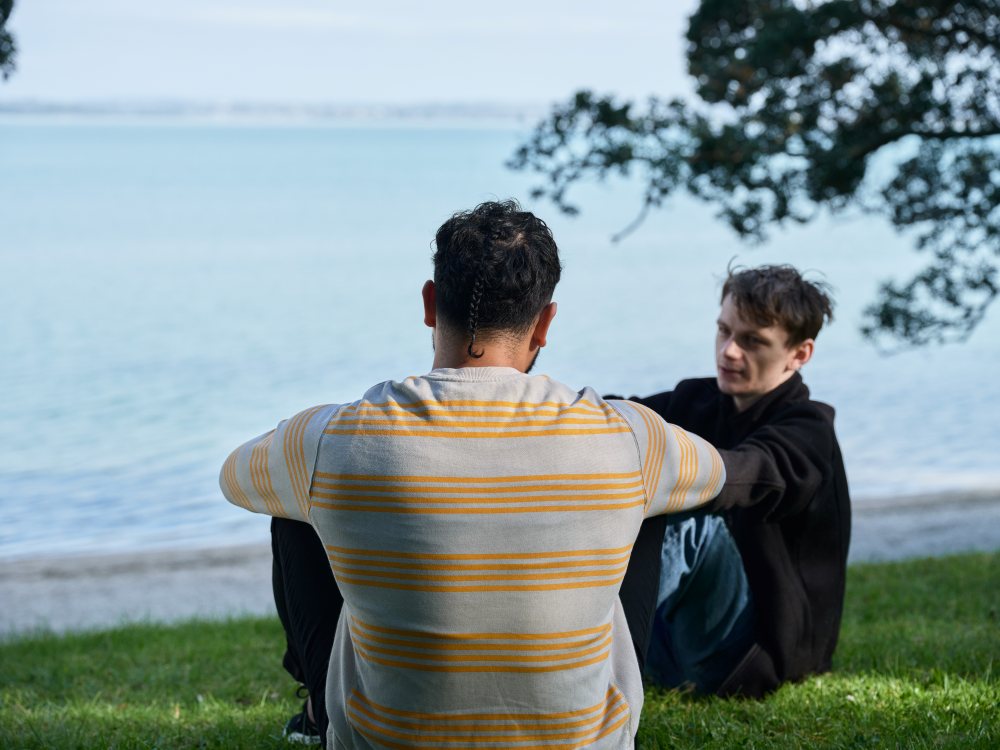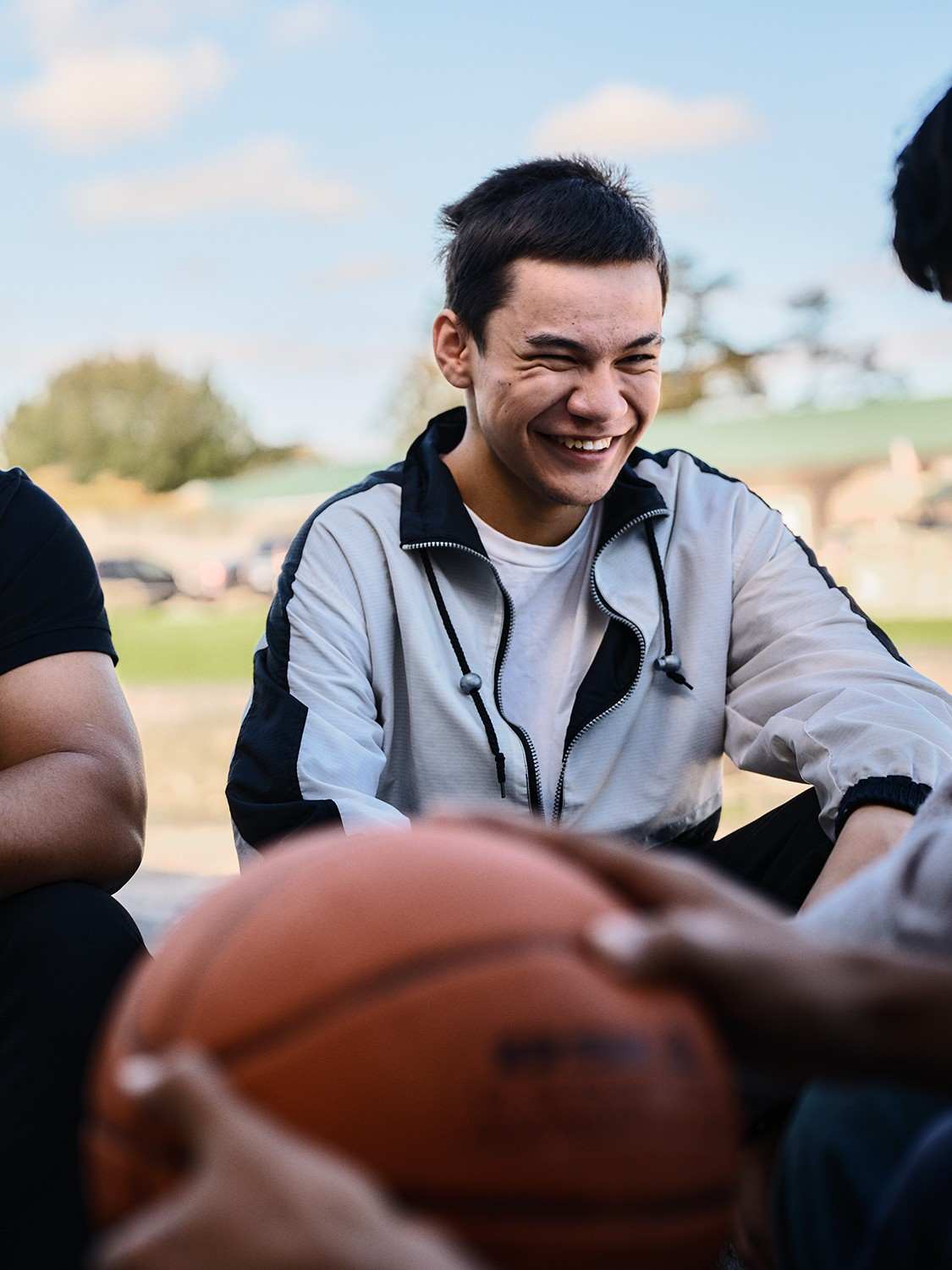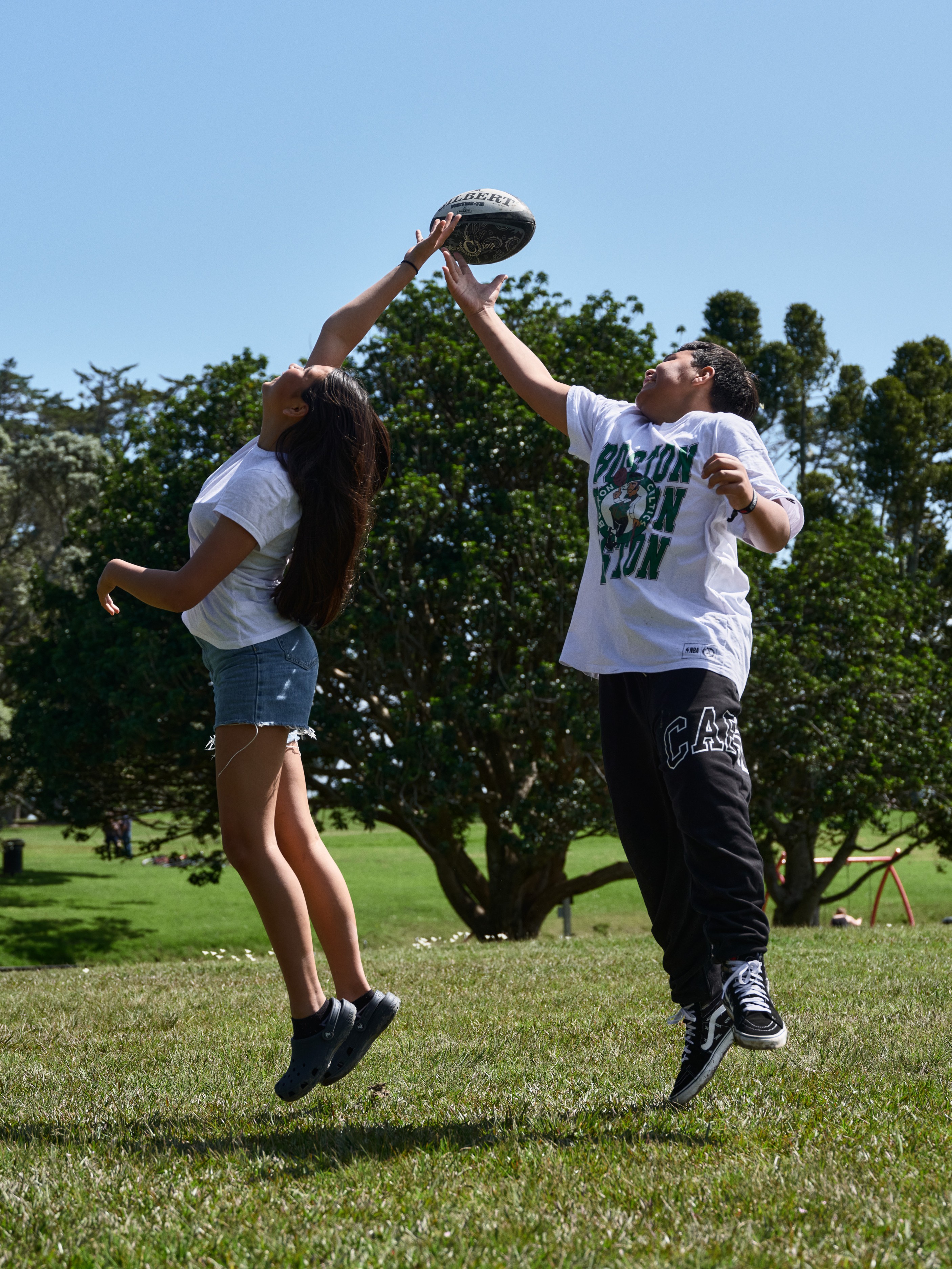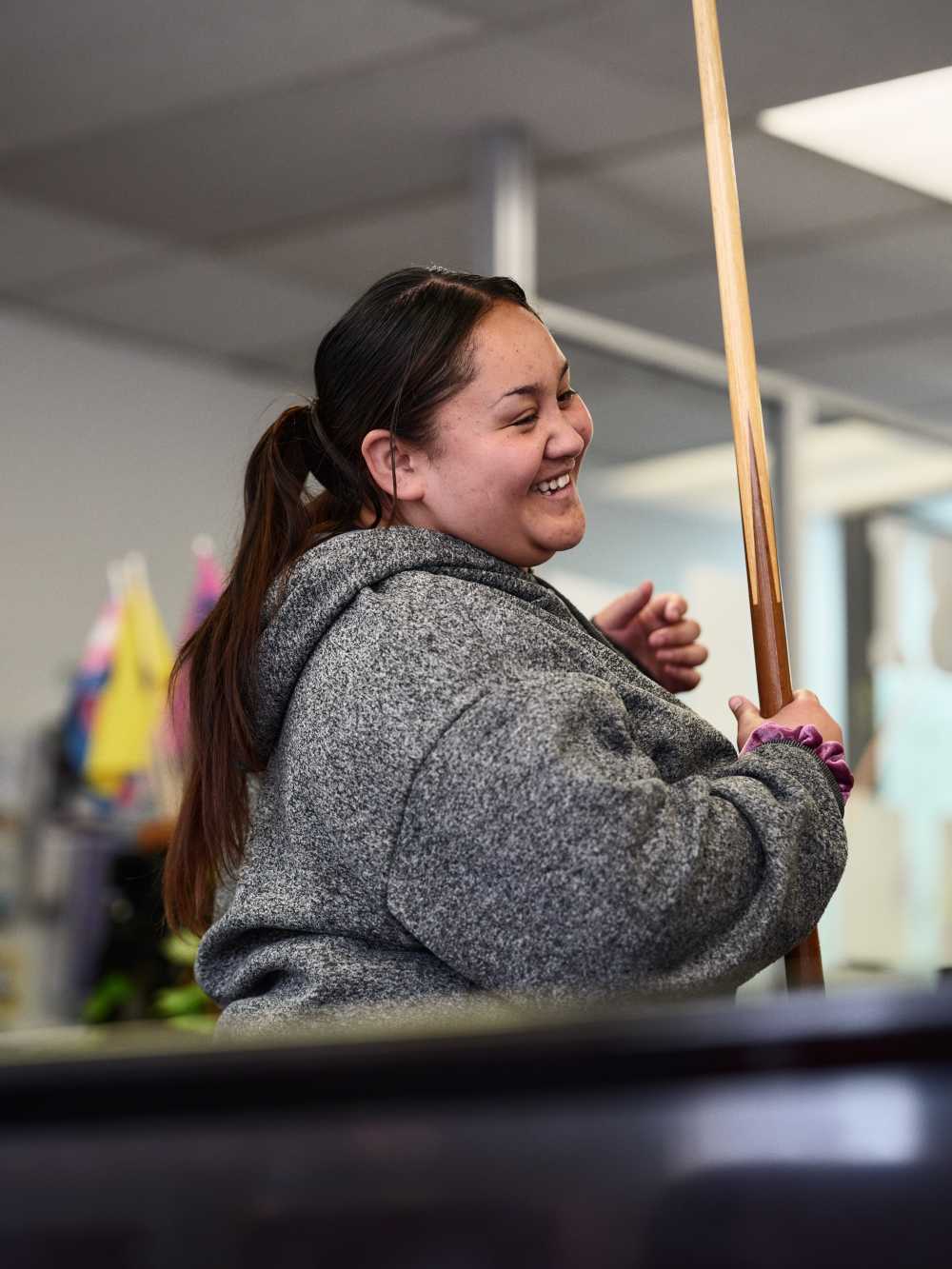To grow, to flourish, to prosper
To grow, to flourish, to prosper




Therapeutic Group Homes
%20(1).jpg)
Therapeutic Group Homes
.jpg)
We have three group homes in Tāmaki Makaurau. Two Lighthouses, which between them provide a home for up to ten young wāhine and tāne who need a place to stay in an emergency, and one whare that provides longer-term therapeutic care for up to five rangatahi tāne.
.jpg)


Sometimes it’s not possible for tamariki and rangatahi to stay living at home with whānau. When this happens, we provide safe, nurturing homes where tamariki and rangatahi will be cared for and supported to thrive.
Lighthouses
Our two Lighthouses provide a safe place to stay for rangatahi aged 11 to 17 years, often for a short period, at short notice or in an emergency.

The Lighthouses provide unplanned crisis care in times of need, such as when rangatahi have nowhere else safe to stay, or when they have committed an offence.
Stays can range from a few days to a few weeks, depending on the needs of the rangatahi.

.jpg)
Tamariki and rangatahi staying at a Lighthouse can expect:
To be cared for by dedicated staff who are available to provide intensive support and supervision.
To feel safe, cared for and respected.
To be told what is happening to them, what they can expect and what is expected of them.
To be involved in decisions that affect them, and to be heard.
To be encouraged to develop goals and to engage in behaviours and activities that are healthy and helpful to them.
Te Whare Tūmanako o Kia Puāwai

Te Whare Tūmanako o Kia Puāwai provides a safe, nurturing and therapeutic home for up to five young tāne who are not able to stay with whānau or other caregivers.

.jpg)
Rangatahi are referred by Oranga Tamariki and usually move into Te Whare Tūmanako o Kia Puāwai over a phased transition period to help them settle. This gives us time to get to know rangatahi well before they move in so that we can make sure we nurture their strengths, cater to their interests and help them fit in and feel welcome in our family-style home.


What will a rangatahi experience while living in Te Whare Tūmanako o Kia Puāwai?
Providing rangatahi with support they need to grow and succeed in life is the focus of the Teaching-Family Model that our homes deliver.


While living at Te Whare Tūmanako o Kia Puāwai, rangatahi will:
Have a safe and comfortable home in which they valued as part of the whānau, by kaimahi who will provide aroha and manaaki.
Be supported by a team who understand their strengths, interests, goals and needs, who listen to their views and involve them in decisions that affect them.
Learn skills that will help them to develop healthy and helpful ways of solving problems, living happily with others, developing independence, responding to challenges and meeting their goals.
Be encouraged to express their thoughts, and to have agency over their behaviours, decisions and next steps.
Be supported to maintain safe and meaningful relationships with whānau and other people who are important to them.
Be supported and encouraged to understand their whakapapa and to develop or strengthen their connection with hapū, iwi or and/or other relevant and important extended whānau or community.




